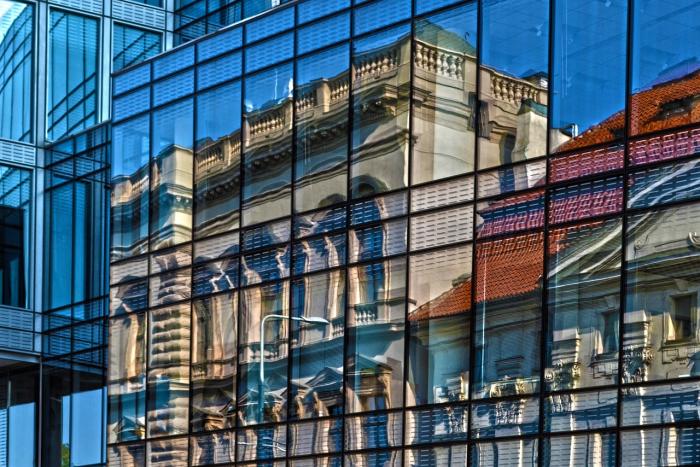
Building stock is responsible for around 40% of the energy consumption and 40% of the CO2 emissions in a city. Considering the obsolescence of existing building stock at the European level, building energy efficiency is a major challenge for energy savings and climate targets and a great opportunity for local economies. Deep Retrofit solutions could address environmental and energy needs.
European Directives 2018/2001 (RED-II) and 944/944 pave the way to Renewable Energy Communities (REC) and Citizen Energy Communities (CEC), putting the citizen (as prosumer/user) at the centre of the Energy Transition.
In Italy, the early adoption of the RED-II Directive in February 2020 made RECs possible, and relevant incentives are available for self-consumed energy (110 €/MWh). These incentives are cumulative, with a series of fiscal bonuses for building retrofit, creating a “boosting factor” pushing urban renovation.
What is happening in Italy will happen in other European Countries, and Italy in the 2023-2025 timeframe represents a pilot context whose expertise can be effectively replicated at the EU level, combining REC and building retrofit.
The key is electrifying thermal loads (e.g., electric heating and cooling), which will make the retrofitted buildings “smart” and enable their role as nodes of the REC at urban and metropolitan scales.
One promising area of opportunity for Deep Retrofit is the heating and cooling sector. Also, eMobility will be strongly affected by Deep Retrofit and RECs since cars will play a role as “electric loads” and as “distributed electric storage capacity.”
Description
The Deep Retrofitting focus group will support the design and implementation of new sustainable approaches to building retrofitting, based on the electrification of thermal loads and the use of innovative business models based on REC: making thermal load electric towards energy self-consumption.
Objectives
The focus group's purpose is to enable the electrification of heating and cooling in existing buildings, making them operate as nodes of Renewable Energy Communities (RECs).
Approach
The focus group will explore existing business models and best practice examples, map barriers and jointly seek solutions to overcome these, plan workshops and potential study visits, and provide recommendations for electrification of thermal loads.
A final presentation will showcase the main conclusions and lessons learned from the good practice cases in Italy.
Participants – who should join?
Organisations with experience in and/or ambition for the electrification of thermal loads
- City councils, Regional councils, National ministries
- Experts
- Investors
- Construction companies
- CT-IoT service providers
- Energy utilities, ESCOs
- Renewable Energy Communities (RECs)
Chair of the Focus Group
Sergio Olivero, Energy Center of the Politecnico di Torino, Italy
